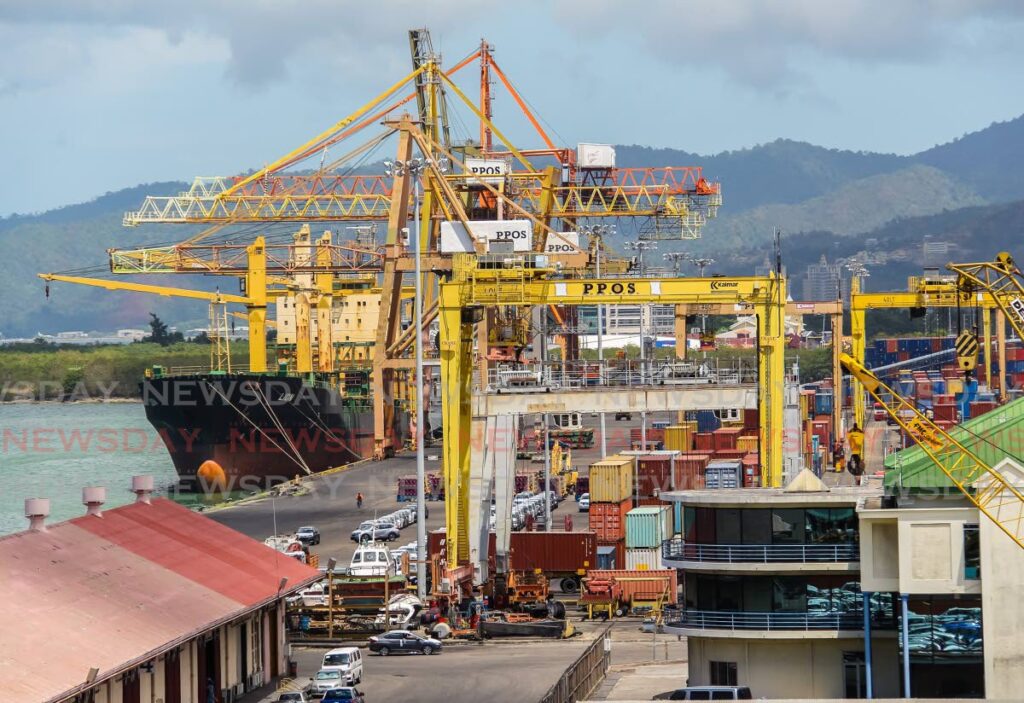'We've agreed to facilitate trade…what's next?'

Many of us have either experienced or heard stories about issues with timely clearance of goods as well as seemingly arbitrary costs for clearing such goods. While some may simply attribute this to limited staff at the ports of entry or an intentional delay and high costing, the more likely reason is a lack of proper trade facilitation.
For this reason, among others, the Ninth Ministerial Conference of the World Trade Organization (WTO) was held in December, 2013. Member states gathered in Bali, Indonesia to finalise negotiations on the terms of what is now called the Trade Facilitation Agreement (TFA).
On July 29, 2015, Trinidad and Tobago became the ninth WTO member state to ratify the TFA.
By doing this, TT made a myriad of commitments, one being the establishment of a trade information portal (TIP). This falls in line with Articles 1.1 and 1.2 of the TFA.
The UN Conference on Trade and Development (UNCTAD) has stated these measures aim at facilitating access to and dissemination of trade-related information in a cost effective and easily accessible manner.
TT successfully fulfilled this TIP commitment on May 25, 2022.
During the launch event, the Trinidad and Tobago Chamber of Industry and Commerce CEO Ian De Souza congratulated the Minister of Trade and Industry, Paula Gopee-Scoon, as well as her team and remarked that, “TT now joins several other countries in meeting its commitment under the WTO Trade Facilitation Agreement.”
It is too early to measure the effects of this implementation in TT, however, as De Souza stated, other member states have already achieved this goal.
For instance, Kenya implemented their own TIP in November 2017 which led to a simplification of their trade procedures, in particular the export of coffee.
Data has shown that this simplification process reduced the administrative cost in the registration procedure, leading to a total of KES 24,910.06 – approximately 38 per cent of the total cost being saved businesses.
While the TIP is an important commitment, there are various others which require implementation to ensure a holistic enhancement of trade facilitation. As such, TT is in the process of implementing a trade facilitation enquiry point (TFEP), as per Article 1.3 of the TFA.
This particular initiative is of special interest to the chamber as it is a member of the project steering committee for the establishment of a trade facilitation enquiry point.
For context, UNCTAD has stated a TFEP is meant to be “an official or an office in a member government designated to deal with queries from other WTO members and the public on trade facilitation issues.”
Once again, in order to measure the TFEP's benefits we must look to other member states who have fulfilled this commitment. According to GATF's 2021 annual report, Colombia’s implementation of a TFEP led to a reduction in the number of valuation and classification disputes and a reduction of time and cost for border clearance. It also facilitated savings per customer which were generated partly by shorter average cargo release times at the border leading to money saved on total transport and logistics costs.
As mentioned earlier, there are a myriad of commitments made under the TFA, and TT has implemented more than just the two initiatives discussed here. In fact, our current rate of implementation commitments stands at 22.7 per cent.
While we still have more progress to make, with each step we take there is the chance for major benefits to be gained.
The TT Chamber thanks Justin Ram, LLM, regulatory affairs officer, Trade and Business Development Unit, for contributing this article.


Comments
"'We've agreed to facilitate trade…what's next?'"